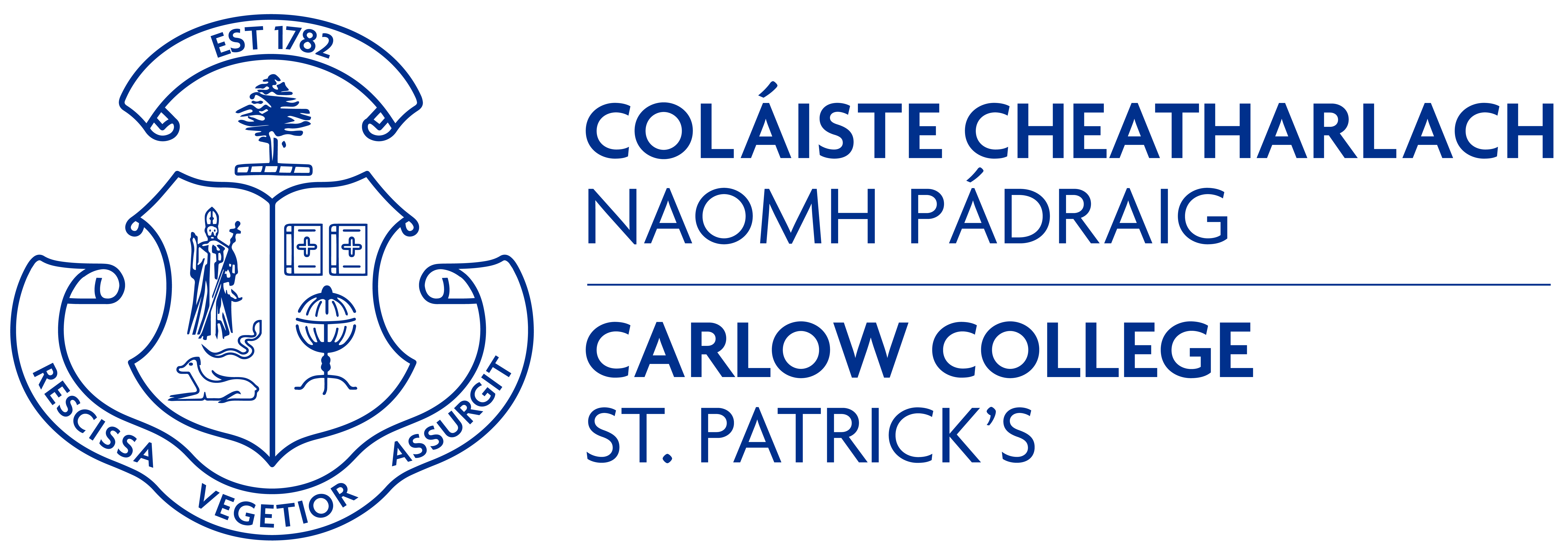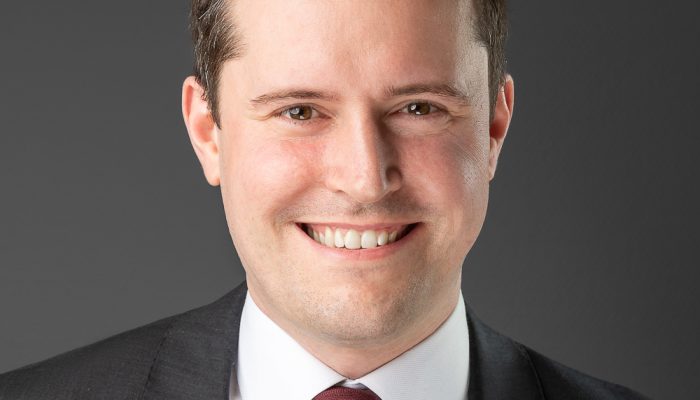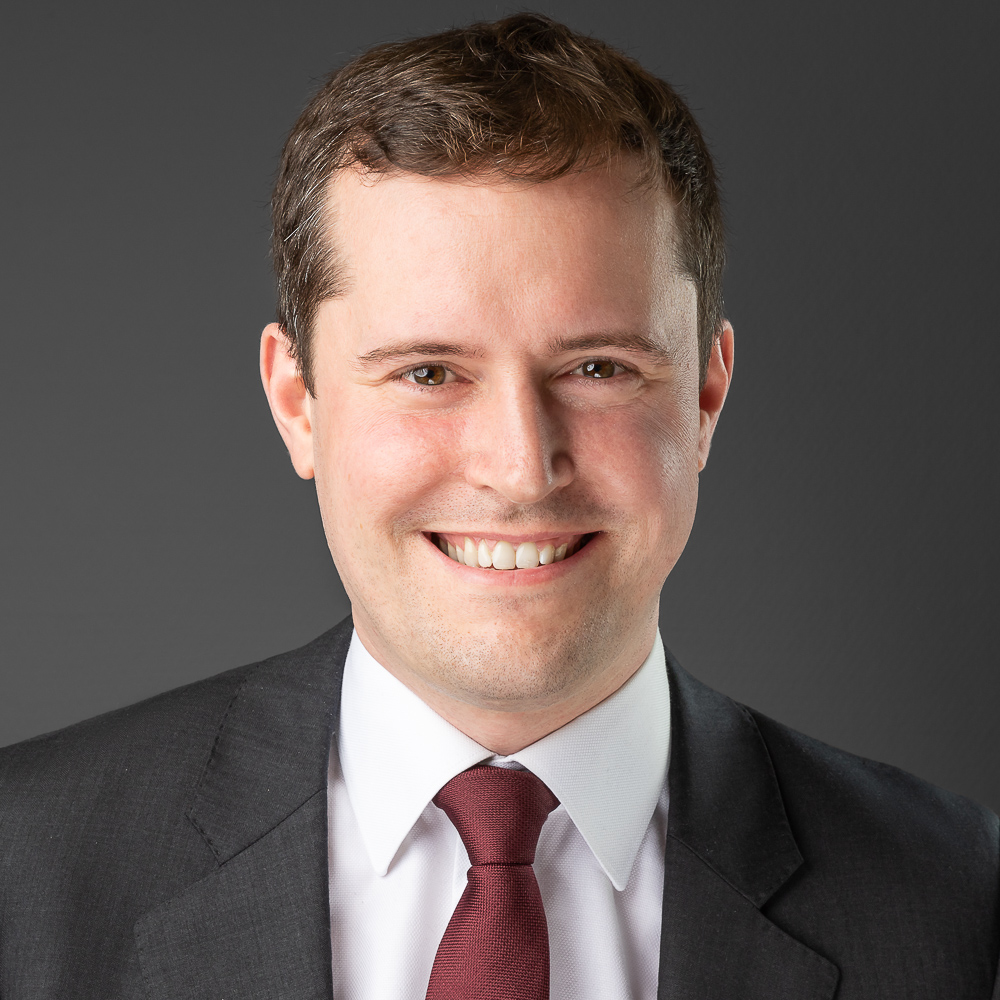Conor Feighan graduated in 2009 and is now the Secretary General for the European Rail Freight Association.
Deciding on the right pathway
Carlow College was my second attempt at university. After my leaving certificate, I started a course in software engineering which I quickly realised was not for me after a few weeks. In secondary school, I had performed very well in history, and I subsequently decided it was better for me to focus on something I had an interest in. At the same time, I did not want my studies to be limited to just history and was therefore interested in an interdisciplinary course. Humanities was a natural choice.
Why Carlow College though? I already knew people who were studying in the College who had recommended it to me because of the good lecturer/student ratios and course flexibility. Course flexibility allowed me to shape the course to my own objectives.
What these objectives were at the time, I was not 100% sure. As with many 18-year-olds though, this is very normal, and the college allowed me the flexibility to figure this out along the way. I guess my objective was to have a better idea of what I wanted to achieve in life by the end of my time in Carlow!
What I enjoyed most about studying Humanities
I would say my favourite aspect about the course is the strong personal relationship between students and the academic staff and the flexibility of the course. Staff and students knew each other on a first name basis and relations were very good. I found my lecturers were always very open to discuss any aspect of the course with me.
I believe this openness and flexibility really becomes an asset towards the end of your studies when it comes time to write your thesis. I found my supervisor to be very open to discuss possible suggestions for a thesis and what would help with the next steps in my career/studies. By this stage, I knew what I wanted to do post Carlow College and, together with my thesis supervisor, I was able to develop a thesis which would make up a strong part of my master’s application.
I found the college and staff to be very accommodating in allowing me to take full ownership of my academic pursuits. The strength of the course is that it is extremely flexible. The course acts as a very good interdisciplinary springboard. This can be observed in that after my studies I was able to begin a Masters in something indirectly related to Humanities – European Politics & Policy.
A career in European Politics & Policy
I am currently the Secretary General of ERFA (European Rail Freight Association). This role requires me to act as the primary representative for the rail freight industry vis-à-vis the European Institutions in Brussels. My main role is to work with the European Institutions towards a European legislative framework which facilitates the growth of rail freight. I believe this is an important role as rail freight has a crucial part to play in delivering on Europe’s sustainability goals (rail freight has nine times less Co2 emissions than road transport).
My day-to-day job requires me to manage a European organisation in an international environment. It involves regular engagement with the European Commission and members of the European Parliament (MEPs), as well as senior industry figures within the rail freight industry. The job requires me to engage with politicians and CEOs daily. Having to engage at a senior level constantly means being able to take complex legislative procedures or industry positions and communicate them in a clear and understandable manner.
On top of this, I am responsible for ensuring the organisation operates in a good manner internally. This includes ensuring staff have a good environment to work in and that the Board of Directors have the necessary information to take decisions with. It is a rewarding position as I get to work with people from throughout Europe and get first hand experience of the functioning of the European Union.
Building blocks for future career path
The course gave me the opportunity to develop personally and gain a better understanding of what I would like to achieve. Whilst some people will know exactly what they want to do when filling in the CAO form, this is not always the case. The course created a framework where I could progress in my studies without having a clear idea of what the end objective was.
As already stated, by the time I had developed a better idea of my favoured career path, the course remained flexible enough to allow me to tailor my subjects to what would suit my next steps best. As you progress through the course, during my time at least, students got increasingly more control over what modules they studied. This allowed me to focus on subjects which would be of added value in my Masters application.
The advice of the staff and the positive academic environment were a great benefit to me. I found the staff to have a personal interest in my development. I had experienced this is not always the case in third level education and you can often get lost within massive lecture halls. For someone unsure on their career path at the time, this personal touch was needed.
Careers skills development
The main skill I developed was to be proactive. I found the course encouraged you to be proactive and curious. The objective of many modules was not to find the right answer, but rather to explore a topic and develop an argument in a certain direction. It is not a course where answers can be memorised or copy and pasted from a textbook. The course requires you to develop an understand of a topic and use this knowledge to develop a position.
This is how my job functions today. Although my job is to act as a representative for the rail freight industry vis-à-vis the European Institutions, there is a lot more to it than just forwarding mails from CEOs to European policymakers or vice-versa. The role requires me to proactively develop an understanding of the topic and to develop a means of communicating it for a different audience.
A course that does not focus on correct answers, but rather on strong hypotheses or argumentations, assisted me in developing useful skills to operate in an environment where I need to constantly tailor numerous pieces of complex information into relevant and easy to understand positions.
Fondest memory of Carlow College
The campus. It really is one of the nicest college campuses in the country. As the second oldest third level college in the country, you really get a sense of history in the building. It’s a great environment to study in. The library was fantastically restored during my time in the college. I have fond memories of being one of the last people left in the college in the evening and enjoying the silence of such a historic building.
I guess I will also have to mention the great friends I made (and still have) during my time in the College and my fantastic experience with the staff.
Find out more about the BA (Hons) in Arts & Humanities (PC410) here


